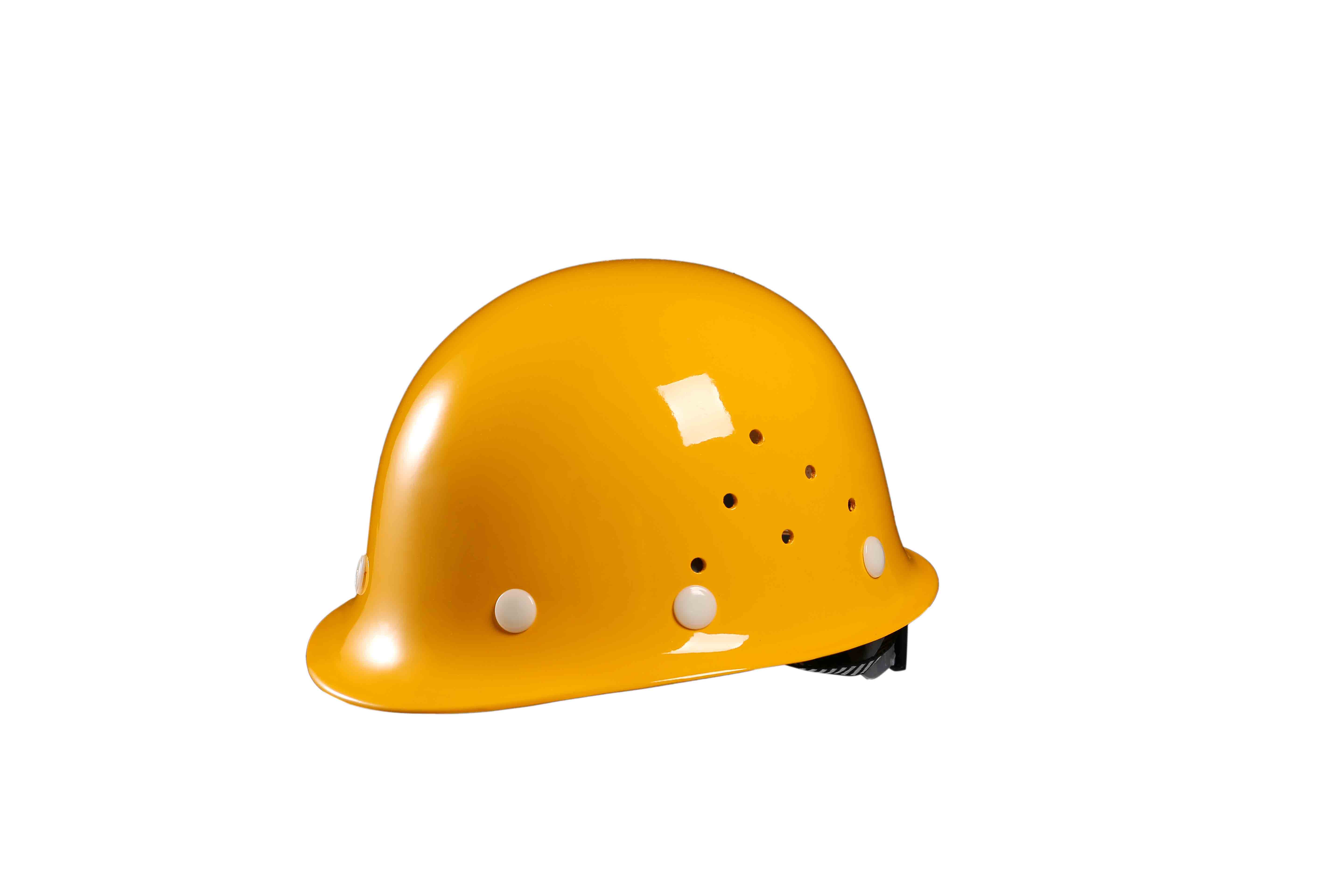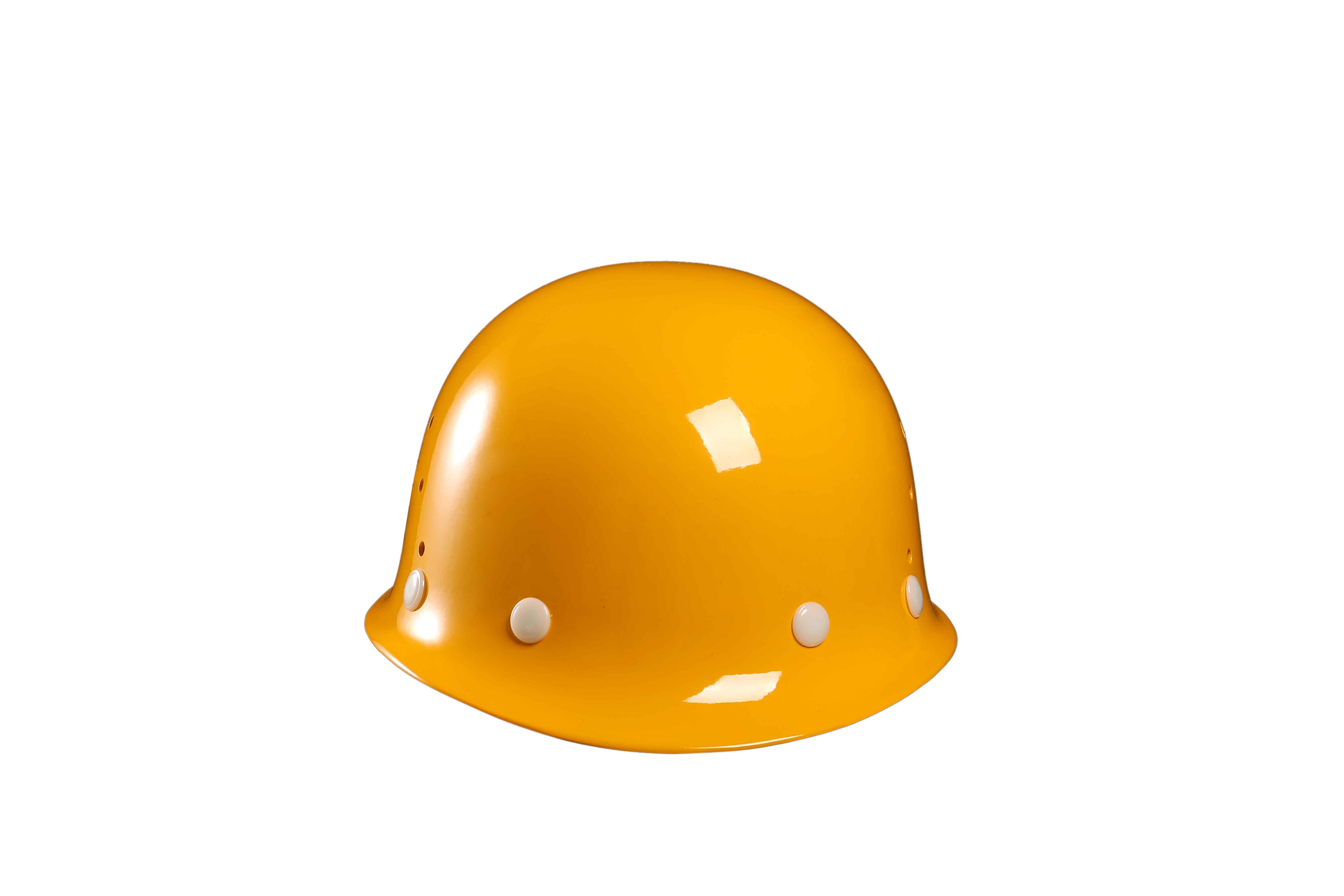Women's Safety Clothing Canada | Durable & Certified PPE
Navigating the Landscape of Women's Safety Clothing in Canada
The demand for specialized women's safety clothing canada has seen significant growth, reflecting an increasing female presence in traditionally male-dominated industries such as construction, mining, utilities, and manufacturing. This evolution necessitates not just compliance with safety standards but also a focus on fit, comfort, and ergonomic design, which are crucial for enhancing productivity and reducing injury risks. Traditional unisex safety wear often presents issues for women, leading to ill-fitting garments that can snag, restrict movement, or fail to provide adequate protection. The industry trend is moving towards anatomically designed PPE that considers female anthropometrics, ensuring that high-visibility, flame-resistant, and cut-resistant apparel performs optimally. This shift is driven by a greater awareness among employers and a push for more inclusive workplace safety protocols.
Beyond basic compliance, advancements in material science and garment technology are influencing the market. Innovations include lighter, more breathable fabrics that maintain high protective qualities, integrated smart technologies for monitoring vital signs or detecting hazards, and sustainable manufacturing practices. Companies are increasingly seeking workwear safety clothing factories that can offer tailored solutions, recognizing that a well-fitted and comfortable uniform contributes significantly to worker morale and overall safety adherence. This comprehensive approach to safety attire underscores a commitment to the well-being of all employees, addressing historical disparities in safety equipment provision.
Technical Specifications and Industry Standards for Safety Apparel
For comprehensive workplace safety clothing sales, understanding the technical parameters and adhering to stringent industry standards is paramount. In Canada, safety clothing must meet the requirements of CSA Z96, "High-Visibility Safety Apparel," which specifies the performance for background material and retroreflective material, as well as the design configurations for different classes of garments (Class 1, 2, and 3). Additionally, flame-resistant (FR) clothing often complies with standards like NFPA 2112 for industrial FR garments or ASTM F1506 for arc flash protective clothing, depending on the specific hazard. The selection of materials, such as treated cotton, aramid fibers (e.g., Nomex, Kevlar), or modacrylic blends, is critical, as each offers distinct protective properties against heat, flame, or cuts.
Key technical specifications for women's safety clothing for sale online typically include fabric weight (e.g., 7 oz/yd² FR cotton), ARC rating (ATPV in cal/cm²), and moisture-wicking properties. Durability is assessed by tear and tensile strength, while colorfastness ensures visibility is maintained over time. The manufacturing process often involves advanced stitching techniques like double-stitched seams and bar-tacked stress points to enhance garment longevity. Specific testing methods, such as ISO 17493 for heat resistance or ASTM F1959 for arc flash testing, validate a garment's protective capabilities. This rigorous approach ensures that protective apparel, whether it's for general industrial use or specialized roles like those at Wright Tree Service safety clothing, consistently meets performance expectations and protects workers effectively.

Manufacturing Process: Ensuring Quality in Women's Safety Apparel
The manufacturing of high-quality women's safety clothing canada involves a precise, multi-stage process designed to ensure durability, protection, and comfort. It begins with the meticulous selection of raw materials, such as specialized flame-resistant fabrics, high-visibility reflective tapes certified to CSA Z96 standards, and durable YKK zippers or heavy-duty snap closures. Material inspection involves rigorous checks for fabric defects, weave consistency, and pre-treatment efficacy. Cutting is often automated using CNC fabric cutters to ensure precision and minimize waste, particularly for complex patterns that accommodate female body shapes.
Following cutting, the fabrication phase involves highly skilled stitching, incorporating reinforced seams, bartacking at stress points, and specialized techniques for attaching reflective strips to maintain integrity even after repeated washing. For garments requiring specific protective features like chemical resistance or waterproofing, advanced lamination or coating processes are applied. Each stage includes in-process quality control checks, such as seam strength testing and visual inspections. The final stage involves comprehensive quality assurance, including garment integrity checks, size verification, and final compliance testing against standards like ISO (e.g., ISO 13688 for general requirements) or ANSI. This ensures the products, similar to how Yakka safety clothing is renowned for durability, offer a long service life and reliable performance in demanding environments like petrochemical, metallurgy, and water treatment industries, delivering advantages such as enhanced safety and protection from harsh elements.

Key Parameters for Women's Safety Clothing Canada
Selecting appropriate women's safety clothing canada requires a detailed understanding of critical parameters that ensure optimal protection and comfort. This table provides a quick reference for common specifications and their implications for performance in various industrial settings.
The robust testing protocols, including those found with WW Concern for safety clothing and XPS safety clothing, ensure that each garment meets its specified performance criteria before it reaches the end-user. This commitment to data-driven performance metrics builds confidence in the protective capabilities of the apparel.
Customization Solutions and Application Cases
For businesses seeking tailored safety solutions, customization of women's safety clothing canada is a critical offering. This goes beyond mere sizing to include specific feature modifications, branding, and specialized fabric treatments. Custom solutions can involve adding extra pockets, tool loops, or reinforcing specific areas based on job-specific wear patterns. Corporate branding through embroidery or heat transfers ensures visibility for the company while maintaining the integrity of the safety features. Manufacturers often work closely with clients to develop unique designs that cater to niche requirements, such as womens safety clothing nz for specialized agricultural tasks or specific protective layers for utility workers.
A notable application case involved a major Canadian energy company which implemented a comprehensive PPE overhaul. They partnered with a leading supplier to provide custom-fitted flame-resistant and high-visibility garments for their female technicians working on oil rigs and power transmission lines. The solution included garments designed with articulated knees, adjustable waistbands, and improved ventilation, significantly enhancing comfort and mobility for tasks requiring extensive movement and climbing. This initiative led to a reported 20% increase in worker satisfaction regarding PPE and a measurable reduction in minor injuries related to ill-fitting clothing over an 18-month period. Such targeted interventions demonstrate the tangible benefits of investing in properly designed and customized women's safety clothing.

Trustworthiness and Support: Our Commitment
Building trust with B2B clients is foundational, particularly in the critical field of personal protective equipment. Our commitment to trustworthiness is reflected in our rigorous quality control, transparent supply chain, and robust customer support. We adhere to international certifications like ISO 9001 for quality management systems, ensuring every piece of ww safety clothing meets stringent standards from design to delivery. Our long-standing relationships with leading industrial partners and a service tenure exceeding a decade underscore our reliability.
Frequently Asked Questions (FAQ)
- Q: What is your typical delivery lead time for bulk orders of women's safety clothing?
A: Standard bulk orders for in-stock items typically ship within 3-5 business days. Custom or specialized orders may require 4-6 weeks, depending on complexity and material availability. - Q: What is your warranty policy on safety clothing?
A: We offer a 12-month warranty against manufacturing defects on all our safety clothing, from the date of purchase. This covers material and workmanship under normal use. - Q: Can you provide sizing guides specific to women's apparel?
A: Yes, we provide detailed anthropometric sizing charts designed specifically for female body types, alongside consultation services to assist with accurate fleet sizing. - Q: Are your products certified to Canadian safety standards?
A: Absolutely. All our high-visibility and flame-resistant garments for the Canadian market are certified to applicable CSA standards, including CSA Z96.
Our dedicated customer support team is available to assist with inquiries, technical specifications, and post-sales support, ensuring a seamless experience. We also offer comprehensive training on PPE care and maintenance to maximize product lifespan and effectiveness.
References
- Canadian Standards Association (CSA Group). CSA Z96: High-Visibility Safety Apparel.
- National Fire Protection Association (NFPA). NFPA 2112: Standard on Flame-Resistant Garments for Protection of Industrial Personnel Against Flash Fire.
- ASTM International. ASTM F1506: Standard Performance Specification for Flame Resistant and Arc Rated Textile Materials for Wearing Apparel for Use by Electrical Workers Exposed to Momentary Electric Arc and Related Thermal Hazards.
- International Organization for Standardization (ISO). ISO 9001: Quality management systems – Requirements.
-
Women's Safety Clothing Canada | Hi-Vis & Durable Gear
NewsAug.27,2025
-
Durable Safety Helmet Hats: Ultimate Head Protection & Comfort
NewsAug.26,2025
-
HDPE Safety Helmet: Durable Head Protection for Work Sites
NewsAug.25,2025
-
Stylish Baseball Cap Safety Helmet | Discreet Head Protection
NewsAug.24,2025
-
Durable Waterproof Safety Clothing | Custom & High-Vis Protection
NewsAug.23,2025
-
Premium Reflective Safety Clothing | High-Vis Workwear
NewsAug.22,2025
